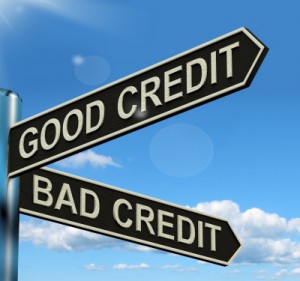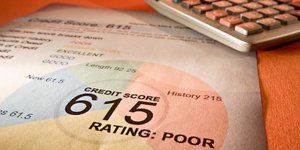 Today’s top story: 3 ways debt settlement may not be the fix you expect. Also in the news: NFL great Eric Dickerson shares money and life lessons, where to find low-cost checking and the reason why most people get rejected for a personal loan.
Today’s top story: 3 ways debt settlement may not be the fix you expect. Also in the news: NFL great Eric Dickerson shares money and life lessons, where to find low-cost checking and the reason why most people get rejected for a personal loan.
3 Ways Debt Settlement May Not Be the Fix You Expect
What debt settlement companies won’t tell you.
NFL Great Eric Dickerson Shares Money and Life Lessons
Tips from the Hall of Famer.
Consumers Can Find Low-Cost Checking, Despite Bank of America Move
Alternatives to BoA.
The reason why most people get rejected for a personal loan
Know the score.
 Today’s top story: Whittle down your debt while having bad credit. Also in the news: 6 secrets from flight crews to stave off jet lag, what to buy every month of the year in 2018, and 3 ways you can better save for retirement.
Today’s top story: Whittle down your debt while having bad credit. Also in the news: 6 secrets from flight crews to stave off jet lag, what to buy every month of the year in 2018, and 3 ways you can better save for retirement.  Today’s top story: How that new store card could torpedo your credit score. Also in the news: Insuring expensive gifts, the right mortgage to ask, and how to quickly figure out how much spending money you’ll have for the year.
Today’s top story: How that new store card could torpedo your credit score. Also in the news: Insuring expensive gifts, the right mortgage to ask, and how to quickly figure out how much spending money you’ll have for the year. Today’s top story: What doesn’t affect your credit score. Also in the news: A crash course for first-time Black Friday shoppers, how far your money will stretch on Black Friday, and how to pick a college that won’t break the bank.
Today’s top story: What doesn’t affect your credit score. Also in the news: A crash course for first-time Black Friday shoppers, how far your money will stretch on Black Friday, and how to pick a college that won’t break the bank.